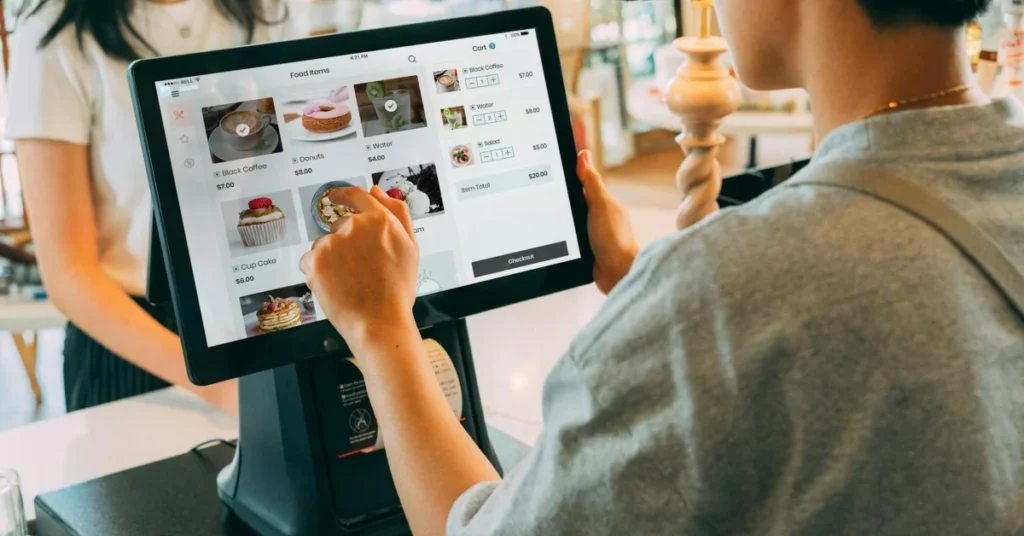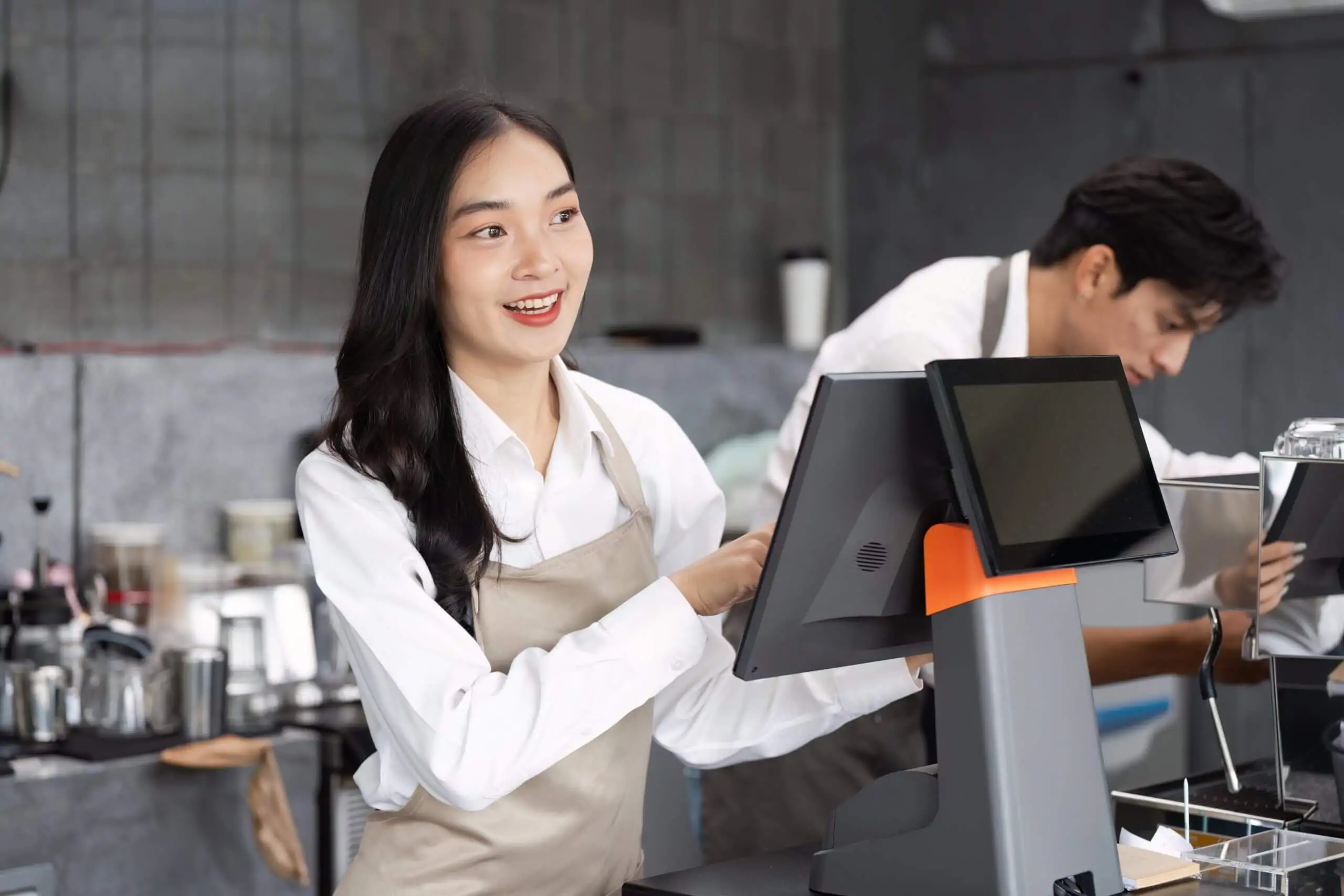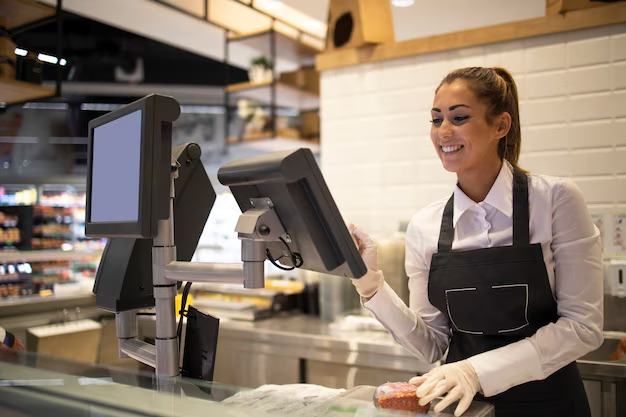How POS Systems Help Restaurants Stay Compliant with Tax Regulations

In the fast-paced restaurant industry, managing finances and staying compliant with tax regulations can be a daunting task. With frequent transactions, varying tax rates, and the need for precise record-keeping, restaurant owners must ensure their financial operations are both efficient and compliant. This is where a modern Point of Sale (POS) system plays a crucial role. By automating tax calculations, generating accurate reports, and ensuring transparency, a POS system helps restaurants adhere to tax regulations seamlessly. Let’s explore how POS systems assist in tax compliance and why every restaurant should consider adopting one.
1. Automated Tax Calculations
One of the biggest challenges for restaurant owners is managing different tax rates, including sales tax, VAT, service charges, and local tax laws. A POS system automatically calculates taxes based on the location, type of food and beverage, and specific regional requirements. This reduces human error and ensures that tax amounts are correctly applied to every transaction, eliminating the risk of under- or overcharging customers.
Example:
A restaurant operating in multiple states with different sales tax percentages can configure its POS system to apply the correct tax rate for each location. This ensures compliance without manual intervention.
2. Accurate Record-Keeping and Reporting
Tax authorities require businesses to maintain accurate sales records for audits and tax filings. A POS system records every transaction, categorizing income, tax, and discounts systematically. This makes it easier for restaurant owners to generate and submit tax reports without scrambling for missing receipts or incorrect data.
Key Reporting Features in a POS System:
- Daily, weekly, and monthly sales reports with tax breakdowns.
- Detailed audit trails to track all financial transactions.
- Automated tax reports that simplify tax filing and reduce the risk of errors.
3. Simplifies Tax Filing and Reduces Errors
Manual tax calculations and reporting can lead to costly mistakes, resulting in penalties from tax authorities. A POS system minimizes the chances of misreporting by automatically generating tax reports that align with government requirements. Additionally, it integrates with accounting software like QuickBooks or Xero, allowing seamless tax reporting and ensuring that financial data remains error-free.
Example:
A restaurant using a POS system can directly export sales and tax data to its accounting software, reducing the chances of miscalculations and streamlining the entire tax filing process.
4. Ensures Compliance with Changing Tax Laws
Tax laws and regulations frequently change, and keeping up with these changes manually can be overwhelming. Many cloud-based POS systems receive automatic updates that align with new tax policies, ensuring compliance without requiring restaurant owners to manually update tax settings.
Benefits of Cloud-Based POS Systems:
- Automatic updates for tax rates and regulations.
- Remote access to financial reports and tax data.
- Integration with government tax filing systems in some regions.
5. Prevents Fraud and Enhances Transparency
Tax authorities closely monitor businesses for any signs of tax evasion or fraudulent activities. A POS system records every sale, refund, and discount in a tamper-proof manner, ensuring full transparency. This prevents underreporting of sales, a common issue in cash-based businesses, and protects restaurants from legal consequences.
Example:
If a tax audit occurs, a restaurant can provide detailed POS-generated reports showing transaction histories, tax payments, and revenue, ensuring full compliance with tax authorities.
6. Manages Digital Payments and Online Orders
With the rise of digital payments, online orders, and delivery platforms, tracking revenue streams has become more complex. A POS system consolidates all transactions from different payment methods and platforms, ensuring that all taxable revenue is recorded correctly.
Key Features:
- Tracks credit card, mobile payment, and third-party delivery app transactions.
- Automatically applies relevant taxes to online orders.
- Generates a unified tax report covering all payment sources.
7. Enhances Payroll Tax Compliance
Many restaurants employ a mix of full-time, part-time, and temporary staff, making payroll tax compliance essential. Modern POS systems integrate with payroll software, ensuring that wages, tips, and payroll taxes are calculated and recorded correctly.
How a POS System Helps:
- Tracks employee hours and wages.
- Automates tip distribution and taxation.
- Ensures compliance with employment tax regulations.
Final Thoughts
Staying compliant with tax regulations is a critical aspect of running a successful restaurant. A modern POS system simplifies tax management by automating calculations, maintaining accurate records, and ensuring transparency. By reducing errors, streamlining tax filing, and keeping up with regulatory changes, a POS system saves restaurant owners time, money, and the stress of tax compliance.






